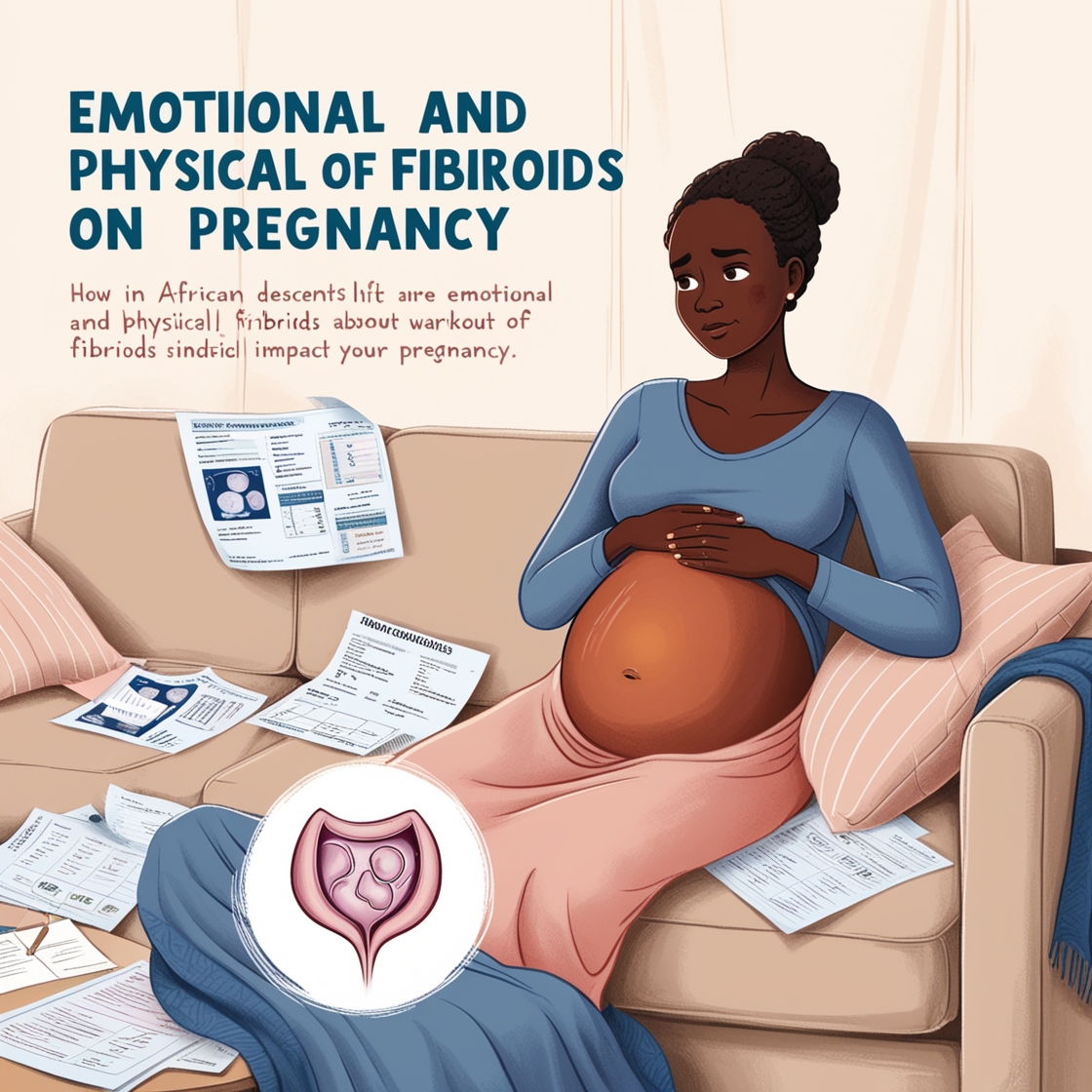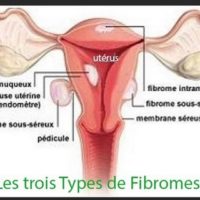Description
Impact Of Fibroids On Pregnancy. Discover an herbal tea that reduces the impact of fibroids on pregnancy with remarkable effectiveness and zero side effects.
Click here to join us

Overview
Fibroids are noncancerous growths that develop in or on the uterus, or womb. They can affect fertility and the chances of getting pregnant.
Uterine fibroids are quite common. Around 70-80% of women develop these benign tumours by the age of 50, and 20-40% of women between 25 and 44 experience symptoms of fibroids. This means that uterine fibroids are common during a woman’s childbearing years.
Keep reading to understand why fibroids develop and how they can impact pregnancy.
What are the effects on pregnancy?: Impact Of Fibroids On Pregnancy
During pregnancy, most women with fibroids will not experience any adverse effects. However, 10 to 30 per cent of women with fibroids may face complications during pregnancy. The most common complication is pain, especially in women with fibroids larger than 5 centimetres in their last two trimesters. Fibroids may also increase the risk of fetal growth restriction, placental abruption, preterm delivery, cesarean delivery, breech position, and miscarriage.
The effects of pregnancy on fibroids
During pregnancy, most fibroids do not change in size, but some may grow in the first trimester due to increased estrogen levels. However, for some women, fibroids may shrink during pregnancy, with a study showing that fibroids present before pregnancy decreased in size after delivery.
Effects Of Fibroids On Fertility
Women with fibroids can often conceive naturally without needing treatment. However, in some cases, fibroids, particularly submucosal fibroids that grow into the uterine cavity, can increase the risk of infertility or pregnancy loss.
It’s important to note that while fibroids can impact fertility, there are other common explanations for infertility. If you are struggling to conceive or maintain a pregnancy, your doctor may explore other potential causes before attributing the issue to fibroids.
Technical Sheet About the Impact Of Fibroids On Pregnancy
Presentation of the Impact Of Fibroids On Pregnancy
-Powder in a transparent sachet.
-Weight: 50g
Composition: ficus gnaphalocarpa, cleistopholis patens, securidaca, etc.)
Price: €50 per unit but €300 for the treatment with 12 herbal teas 10
Indications about the Impact Of Fibroids On Pregnancy
Fibroids, myomas, internal tumours, heavy periods, dirty and painful periods, female infertility, early menopause.
Instructions for use: Read the instructions
NB: Do an ultrasound mid-treatment to assess the reduction of the tumour. Allow 3 months of treatment with 10 sachets.
Learn more about probable causes and symptoms
Therapeutic Effects About the Impact Of Fibroids On Pregnancy
« The natural treatment for treating fibroids helps to shrink internal benign tumours such as fibroids, myomas, and cysts. It quickly reduces stomach size and associated symptoms. This herbal tea, made from leaves, roots, and bark, purifies periods, cleans the genital tract, and promotes fertility in women. It is a well-studied product based on medicinal plants for internal tumours. Don’t miss this special opportunity. For large fibroids, this remedy should be combined with herbal teas 10, 111, 202, and 203. Our herbal tea for naturally removing fibroids has a success rate of almost 90%. Many women have experienced a healthy uterus free of internal tumours in less than three months of treatment. »
UNBLOCK FALLOPIAN TUBES NATURALLY
Fibroids Treatment During Pregnancy
During pregnancy, treatment options for uterine fibroids are limited due to the potential risks to the fetus. Expectant mothers may be prescribed bed rest, encouraged to stay hydrated, and given mild pain relievers to help manage fibroid symptoms.
In very rare cases, a myomectomy may be performed on women in the second half of their pregnancies. This procedure involves removing fibroids from the outside of the uterus or from within the uterine wall while keeping the uterus intact. Fibroids growing in the uterine cavity are typically left in place because of the potential risks to the fetus.
Click below to order clove oil
Fibroids treatment before pregnancy to improve fertility
Please remember the following information about treating uterine fibroids before pregnancy to improve fertility:
There are several common treatments for fibroids that preserve fertility, including:
1. Myomectomy: This surgical procedure removes fibroids, but it may increase the need for a cesarean delivery. After the procedure, it’s advisable to wait about three months before attempting to conceive.
2. Hormonal birth control pills: While on the pill, pregnancy is not possible, but it can help alleviate symptoms such as heavy bleeding and painful periods.
3. Intrauterine device (IUD): Similar to the birth control pill, an IUD prevents pregnancy while helping to eliminate some symptoms and preserve fertility.
4. Gonadotropin-releasing hormone (Gn-RH) agonists: This medication blocks the hormones responsible for ovulation and menstruation, preventing pregnancy while helping to shrink fibroids.
5. Myolysis: This procedure uses electric current, laser, or radio-frequency energy to shrink the blood vessels that feed the fibroids.
Other treatments are available for women with fibroids who may want to have children in the future. Each treatment entails its risks and complications, so consulting with a doctor about available options is important.
Additionally, it’s advisable to ask the doctor how long to wait before attempting to conceive after treatment. For some treatments, such as the birth control pill, pregnancy can be attempted immediately after discontinuation, while others may require a waiting period.
Advertisement
The symptoms of fibroids
You may not have any symptoms of fibroids. If you do have symptoms, the most common symptoms include:
- heavy or painful periods
- bleeding between periods (spotting)
- anaemia from heavy or long-term bleeding
- prolonged periods
- feeling “full” or a mild pressure in your lower abdomen
- pain during sex
- low back pain
- constipation
- reproductive issues, including infertility, miscarriage, and preterm labour
- frequent urination
- difficulty emptying your bladder
Fibroids may be felt during a pelvic exam. If your doctor suspects you have noncancerous growths, they may order an imaging test, such as an ultrasound, to confirm the growths are indeed fibroids and not something else.
The outlook
Uterine fibroids can impact fertility and pregnancy. Discuss treatment options and risks with your doctor if you plan to start a family. Maintaining a healthy lifestyle, including a healthy weight, may help reduce your risk for fertility issues and high-risk pregnancies.










